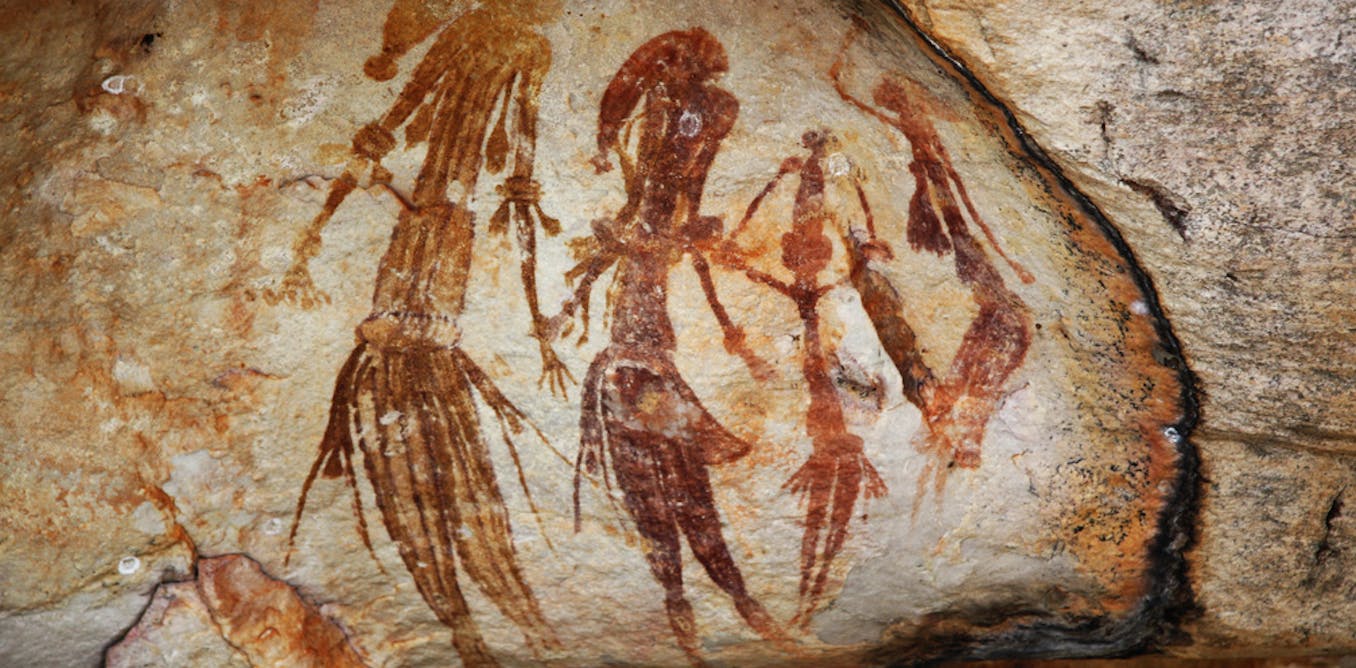Ai-chan
Queen of Yuri Devourer of Traps
- Joined
- Dec 23, 2018
- Messages
- 1,413
- Points
- 153
While the majority of Ai-chan's stories are set in low-tech eras such as classical era and middle ages, Ai-chan does write sci fi set in the future too, under various pen names. The reason why Ai-chan chose these time periods were because they were easy to bullshit, to build worlds of. Since Ai-chan has studied at a kenjutsu dojo and practiced archery since school days, writing about swordfights, spears and archery is easy to Ai-chan. As for sci-fi, it is easy to create whatever fantastic futuristic elements because this is far in the future and whatever physics we have established now can be supplanted by whatever technology in the future, such as FTL and particle beams weapons.This is just a little thought I've been having. It isn't really specific to any genre, but you see common settings:
Fantasy: medieval Europe
Sci fi: far future in space
That's just two examples - but what time periods do you think are underdone in each genre? Which ones do you think are done badly?
My personal gripe - so often, when fantasy takes notes from the 19th century, it is often steam punk - to the point that I tell people "my story is inspired by early 19th century America" and they're like "oh, so steam punk."
What are your thoughts on time period inspiration in your settings?
Ai-chan is not a full-time author and has only published one book so far, so Ai-chan can't spend too much time doing research. One of Ai-chan's friend who's trying to write an alternate history story of WW2 has been stumped for 3 years and has not written even one chapter. It's because despite buying a lot of books and doing research in libraries throughout the country, most of the key events were not recorded or was only written as a passing mention. Malaysians are shit at keeping records, and documents often even get misplaced whenever there was a reorganization. While he hasn't completed even a single chapter, Ai-chan has written 5 different books in the meantime.
Writing about the present time represents a huge issue. Namely, you will be working based on the current understanding of science. And if you even deviate slightly from that current understanding, whether intentional or unintentional, you get slammed hard by everyone. Look at Interstellar, Space Odyssey and The Martian. They were criticized a lot for deviating from known science, and some people actually slammed them hard for those inaccuracies. These are works done by a group of people with multiple screenwriters, each being able to do their own research and correct each other's mistakes. Ai-chan is just one person, and this one person has to pore through thousands of materials on my own and the kind of slamming Interstellar received would make a lone hobby author rage quit.
The only way a present day story made by a single author can prosper if you do not use technology, science or knowledge as its plot driver. What this means is, they all have to be either romance, mundane thriller, or coming of age. And guess what? That's the majority of the books we have in circulation these days, so present day time period is not under-utilized at all.
Similarly, not many people know of 19th century America, or care about 19th century America. Why? Because it's been used sooooooo much for the past hundred years. To most people, 19th century America is not steampunk, but it is instead the Wild West era. That means cowboys, indians, bisons, coal trains, Zorro and a huge mecha that two people on horseback have to chase and disable.
All the time periods are already utilized, and if you haven't seen it, that most likely means you haven't looked far enough. So what other time period would there be?





